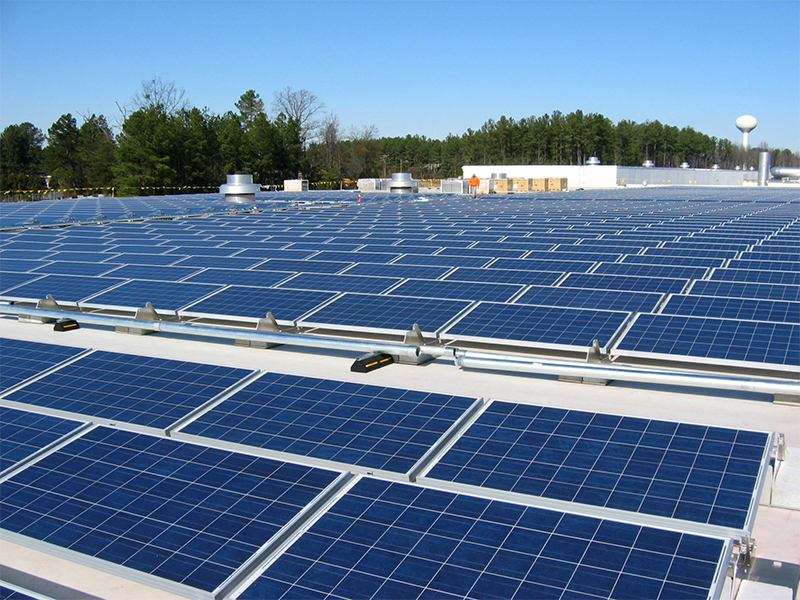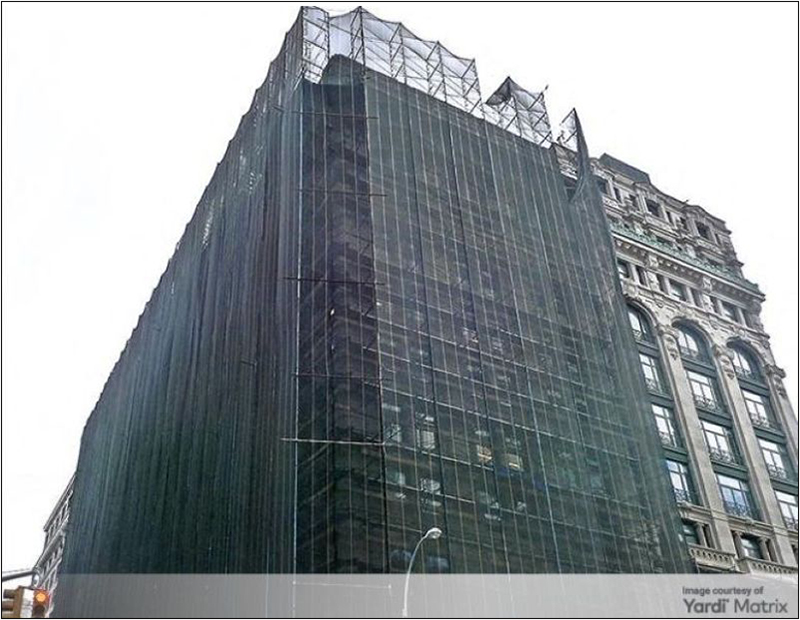Duke Energy Pushes Plan for Low-Cost Solar Adoption
In partnership with North Carolina Utilities Commission, the Duke affiliate intends to build, own and operate on-site solar facilities that will allow non-residential customers to access solar energy.
By Anca Gagiuc
Duke Energy is turning its attention to non-residential customers and wants to give them another option to install solar power on their properties. The company filed to be a certified solar lessor with the North Carolina Utilities Commission (NCUC).
Duke Energy Clean Energy Resource (DECER), a non-regulated affiliate of Duke Energy, will build, own and operate on-site solar facilities that will allow customers to access renewable energy without a large upfront investment. In addition, the company will target businesses and will mainly use local solar construction and maintenance companies to work on projects. DECER is not financially supported by neither of Duke Energy’s operating companies in the Carolinas.
Something old, something new
Customers can still take advantage of Duke Energy’s $62 million solar rebate program, which has four more years left to help North Carolina customers with solar installations. Under DECER’s offering, companies can negotiate for solar facilities up to 1 megawatt of capacity, which is roughly 100 times the size of a typical residential home system. The agreement will have a term of up to 20 years. Customers will be able to use 100 percent of the electrical output of the facilities and be eligible for any rebates and net-metering options offered by Duke Energy. DECER will handle all the ongoing maintenance at the facilities.
The ability to offer such services was included in last year’s Competitive Energy Solutions for North Carolina law, also known as HB 589. Before beginning operations in North Carolina, Duke Energy must receive approval from the NCUC. The company can already offer such services in South Carolina.
“Customers want more solar power for their operations, but the large upfront investment can be an obstacle,” Rob Caldwell, president of Duke Energy Renewables and Distributed Energy Technology, said in prepared remarks. “Through DECER, we will be competing to provide customers a turnkey solar solution to meet their renewable energy goals, while managing the ongoing operations and maintenance of the facility.”
Image courtesy of Duke Energy








You must be logged in to post a comment.